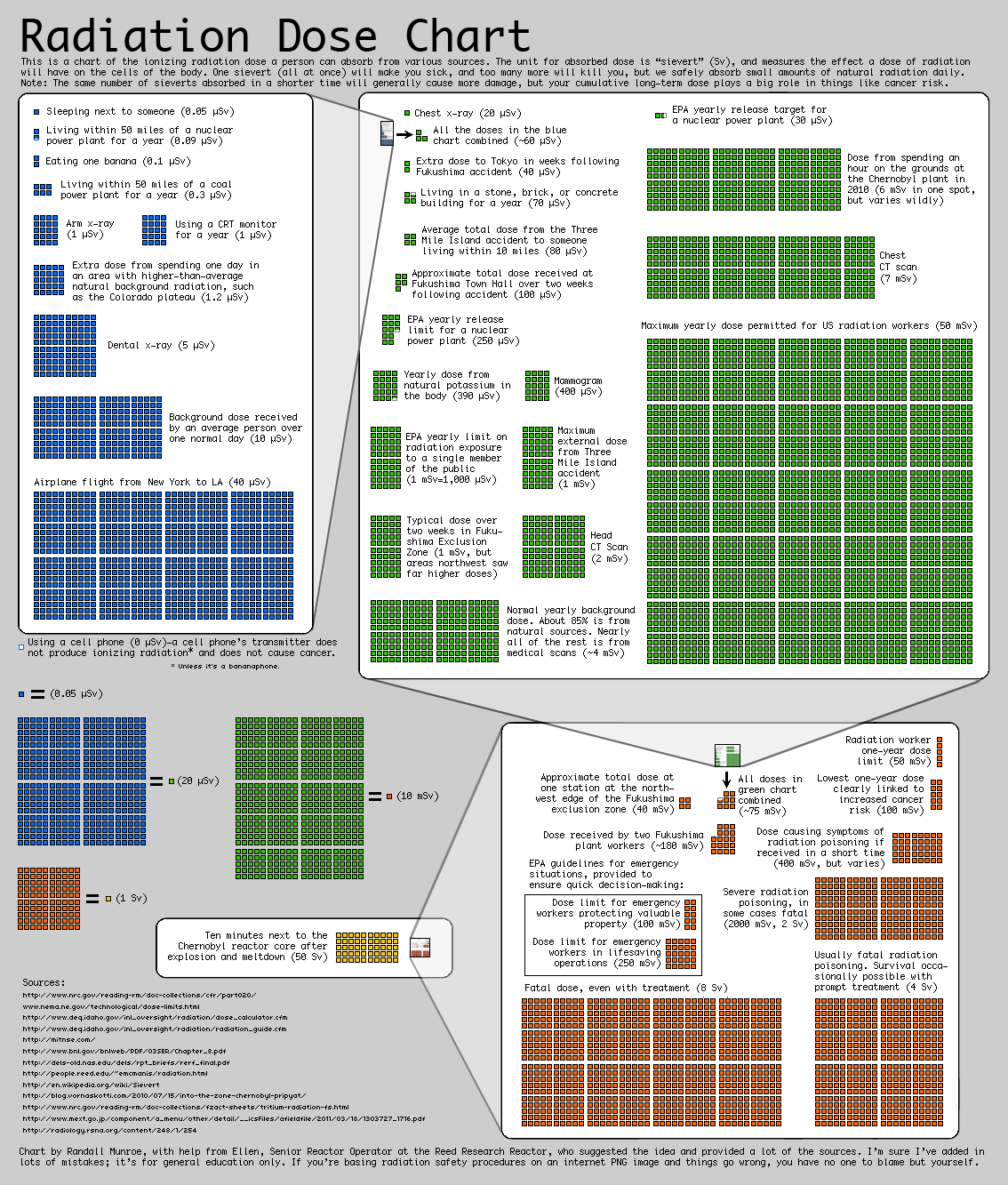Yes. I am supremely confident that when most (dumb) people hear "nuclear accident" they think of a problem that results directly from a failure to plan and/or manage the nuclear plant.
I didn't realize you had such a low opinion of halforums regulars.
Oh well. You use the words you are comfortable with, I'll use the words I'm comfortable with, and if there's any confusion please refer to my previous (comprehensive) statements on the causes of the accident.
In regards to your inability to find a source, you would probably be happy with the following explanation from Wikipedia: "An
accident is a specific, unpredictable, unusual and unintended external action which occurs in a particular time and place, with no apparent and deliberate cause but with marked effects. It implies a generally negative outcome which may have been avoided or prevented had
circumstances leading up to the accident been recognized, and acted upon, prior to its occurrence."
The implication is what you find fault with. The events leading to the accident could not have been avoided or prevented. Whether the accident could have been mitigated better than it was will have to wait until a full investigation, which will undoubtedly take years, is completed.
Back on topic:
As of today it appears that one of the reactors has melted through its steel pressure container into the secondary containment (concrete). Due to the explosion in the secondary containment previously, they are not sure that it is still intact, and radioactive products found in water outside the secondary reactor containment suggest that it is not intact. The radiation emitted from the water is significant and will harm human health with exposures on the order of 15 minutes.
It is clear that significant radioactive products are leaking into the environment, but since they are not significantly airborne the release is not comparable to what happened at chernobyl.
Latest reports suggest that efforts have switched from possibly saving the plant to merely trying to contain the radiation as much as possible. They have apparently given up on the idea that the plant can be saved for possible future use, and it's likely that it will be one of the more expensive nuclear cleanups in history.

